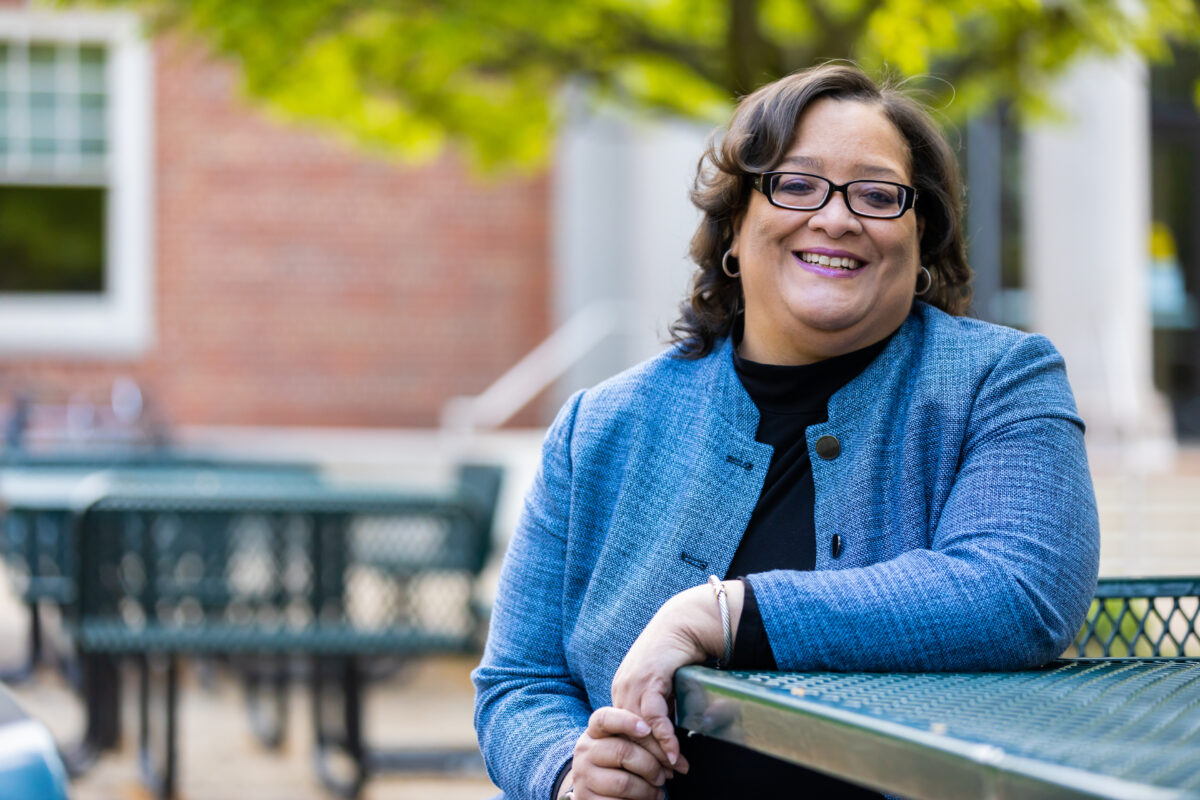Commentary on Genesis 45:1-15
The book of Genesis not only recounts the creation of the world, but also details the narrative arc of the early Israelites. After the primeval history (chapters 1-11), the rest of the book of Genesis may be understood as a series of successive narratives centered around the major patriarchs. The story of the Israelites unfolds with stories of Abraham (chapters 12-36), Isaac and Esau (chapters 25-37), and Jacob (chapters 37-50).
Much of the Jacob narrative pivots on the story of his son, Joseph, who dreams a dream that upsets his brothers and ends with him serving as the vizier to the pharaoh during the time of famine. Indeed, Pharaoh appoints Joseph to manage Egypt’s grain rations in response to Joseph’s interpretation of his disturbing dreams of lean and fat cows and thin and plump ears of grain. While the rest of the world suffers lack due to the famine, under Joseph’s direction, the grain storehouses of Egypt provide sustenance for those who could afford to pay. Most readers of Genesis 45 focus their attention on the relationship between Joseph and his brothers and understand this text to be about family, forgiveness, and providence. Mercy is, indeed, an important theme of this text; however, when modern readers interrogate this text with an eye towards Jacob and not towards Joseph and his brothers, this text becomes a story of God providing despite our shortcomings and missteps; despite all the things we would like to forget.
Genesis 45 from Jacob’s perspective
In Genesis 45, the aging patriarch Jacob has sent his sons to find sustenance for the household during a prolonged famine in the land of Canaan. This same Jacob has experienced a life full of joys, wonder, and heartache. By this point in his narrative, Jacob has journeyed to find his wife. He immediately is smitten by Rachel, but is tricked into marrying her older sister, Leah. In order to earn the second daughter as a wife, he works some extra years for Laban. Jacob, Leah, Rachel, and their two respective maidservants (Bilhah and Zilpah) expand their family and – between them – birth 12 sons and one daughter. For all of the joys that the family life may have brought Jacob, there are many instances that were not so joyful.
Indeed, Jacob’s life is peppered with instances that, in his old age, he might want to forget. Jacob may want to forget how, when he was a foreigner in the land of Shechem, the prince of the city transgressed a social boundary by sexually violating his daughter, Dinah, and he took no immediate action to defend the family honor. Jacob may want to forget how his sons retaliate against the Shechemites in ways that make his continued presence there difficult, so he eventually relocates to Beer-Sheba. Jacob may want to forget how his beloved Rachel longed for a child and eventually died in childbirth. Certainly, Jacob may want to forget the day his sons returned home and told him that his favorite son, Joseph, had been killed by a wild animal. An aging Jacob would have survived the social disgrace of the violation of his daughter, Dinah, and also mourned the loss of Rachel and Joseph. Then a famine threatens the livelihood of those living in the land of Canaan and Jacob himself seemingly has no way to provide for his household which now consists of his remaining wife, Leah, the handmaidens, Bilhah and Zilpah, and his eleven sons and their families. Indeed, in his old age, Jacob might earnestly regret the choices he made in his lifetime.
In his old age, Jacob may have questioned choices he made as a young man: not honoring the place of his older brother and his birthright, not protecting his daughter, and not providing for his family. Jacob might earnestly have many regrets. Yet in Genesis 45 it seems God has decided to provide for Jacob and his family despite all the things Jacob may want to forget. Indeed, by positioning his son, Joseph, in a place of power and influence in Egypt, God ensures Jacob does not perish during the famine. Indeed, Jacob and his family migrate to Egypt and are given the best of the land of Egypt by the pharaoh (Genesis 45:18).
Lesson for modern readers
As humans, we forget. As mere mortals, we often do things we want others to forget. Furthermore, despite the command to “love thy neighbor,” we forget about others. But one lesson from Genesis 45 is that in all of our forgetting, God has not forgotten us. We should be encouraged because, when read with an eye towards Jacob, this passage reminds us that, as Israel Houghton and New Breed sing, we are not forgotten. Regardless of the obstacles created by systems and policies, God has not forgotten. Despite the death-dealing circumstances, God has not forgotten. When it seems as if there is nothing for us, nothing to sustain us, God is with us. Moreover, God may have been working through all our obstacles, challenges, circumstances, and missteps. Perhaps we should view the obstacles as opportunities to think differently. Perhaps we should view our challenges as chances to build physical or moral muscles that might otherwise atrophy. Perhaps reflecting on our missteps will help us make better choices in the future.


August 20, 2023